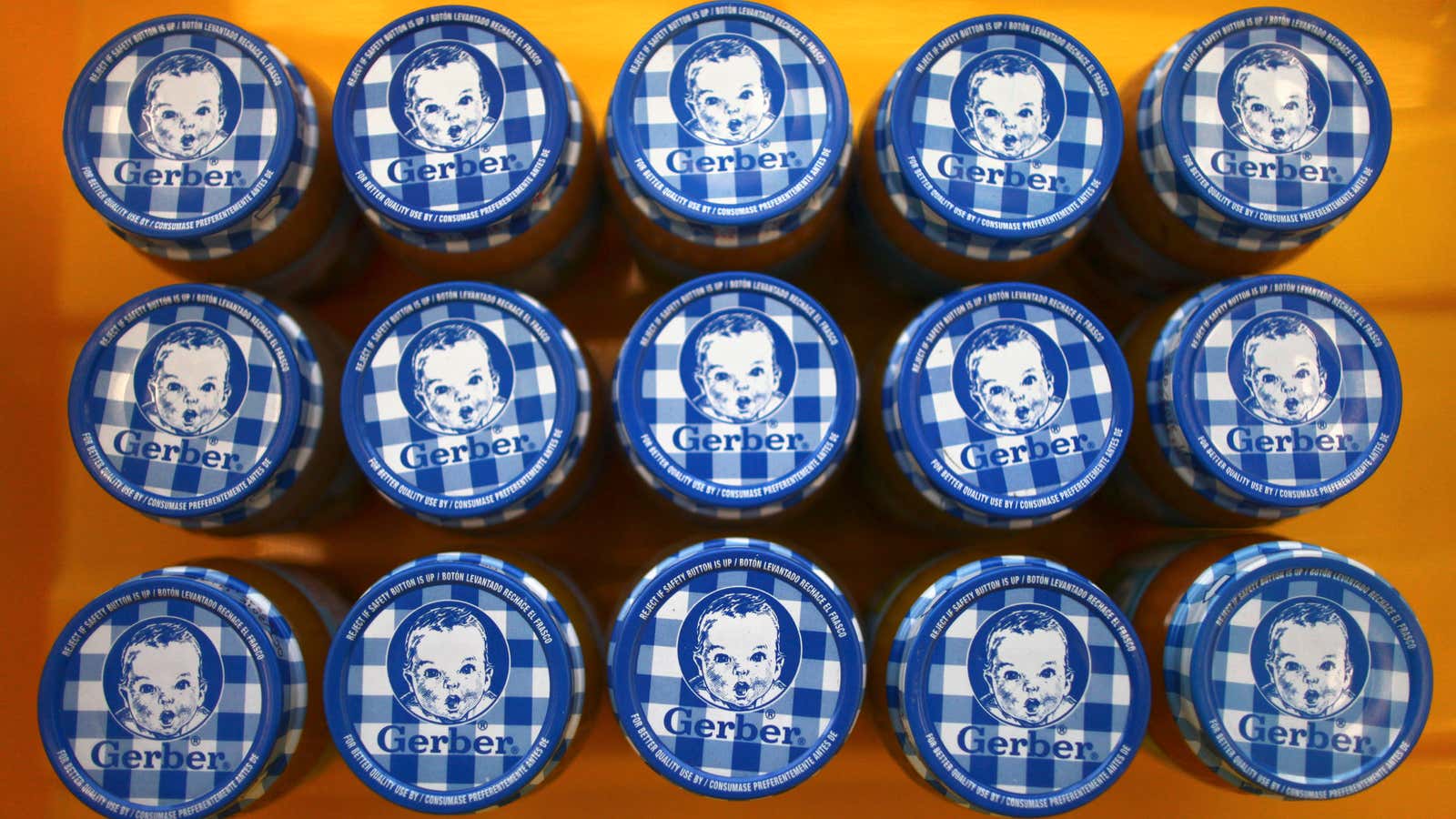It’s not just about fertility. The age at which you become parents could affect your kids’ mental health.
According to new research published in JAMA Psychiatry, older fathers carry an increased risk of having children with schizophrenia, mental retardation and autism spectrum disorders. And the children of young mothers are at risk for substance abuse, hyperactivity and mental retardation.
Researchers collected data from nearly three million people born in Denmark between 1955 and 2006 and then followed up during the course of the study (from 1995 until 2011) to record any instances of psychiatric diagnosis in the children. Overall, the researchers found, children born to parents younger than 25 and older than 29 were more likely to be diagnosed and treated for some mental illness or developmental challenge—even when they controlled for a family history of such diagnoses. Outside the bounds of that narrow age range, risks for various disorders gradually picked up. And significant increases in risk cropped up for parents in their 40s.
When looking at parents younger than that age range, having a teenage father increased risk of mental disorder by 28%, but teen mothers posed nearly double that risk at 51%. Risks were highest for behavioral problems, like hyperkinetic disorder and substance abuse problems—though the researchers only counted those severe enough that they warranted psychiatric treatment. This could be due to the socioeconomic stress of being raised by unprepared teens, the authors suggest.
Results for older parents were varied as well. While older women posed increased risk only for mental retardation (which may, the authors say, reflect the well-known association between maternal age and Down syndrome), children with fathers over the age of 45 had a 34% increased risk for psychiatric illnesses overall, and showed a clear trend of steadily increasing risk over the age of 29.
The study adds to a growing body of research focused on the specific effects of parental age. But it’s not the first to find that an older father might make you more prone to psychiatric illness. In 2012, Icelandic researchers published evidence that DNA mutations in sperm increase as men age, including mutations linked to autism and schizophrenia. This should serve as a caution to men—just because they don’t have the same time limits to reproduction that women do doesn’t mean there isn’t a prime window in their fertility, too.
